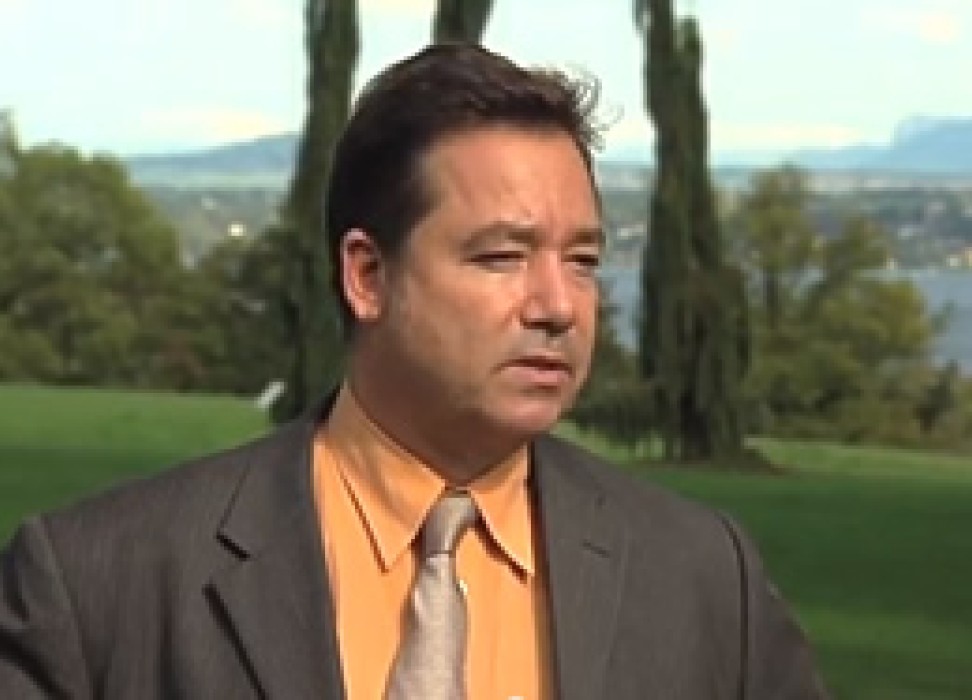High hopes that human rights momentum will continue in Timor-Leste
23 November 2012

“The main challenge is to keep the momentum going and for the national actors to continue the work done,” said Louis Gentile, the head of the UN Human Rights Office in Timor-Leste, about the future of human rights in the country.
The UN Integrated Mission in Timor-Leste (UNMIT), of which the UN Human Rights Office is part, ends its operations in the Asia Pacific country at the end of 2012.
The accomplishments of the UN Human Rights component of the mission are many. They include the first ever report on the right to food and a report on rights of persons with disabilities, which helped to raise awareness of persons with disabilities and led to their participation in the elections this year.
The United Nations and the broader international community will remain engaged in Timor-Leste beyond December, when the world body’s peacekeeping mission withdraws from the country. “The UN Country Team will remain but the large peacekeeping presence will no longer be there,” explained Gentile.
According to Gentile, one of the main human rights issues in the country is violence against women and children. He said that, although a lot has been done, there is a lot of work to do in the next 10-15 years to eradicate violence against women and children, especially “in terms of education and changing attitudes.”
The Integrated Mission was first established in 2006 in the wake of a major political, humanitarian and security crisis that erupted that year. The establishment of the UNMIT was preceded by a number of other United Nations operations or missions deployed in Timor-Leste beginning in 1999.
2012 has been an eventful year for the small nation that the UN shepherded to independence in 2002: it celebrated the 10th anniversary of its independence, elected a new president and held parliamentary elections, which were largely peaceful.

VIEW THIS PAGE IN:
